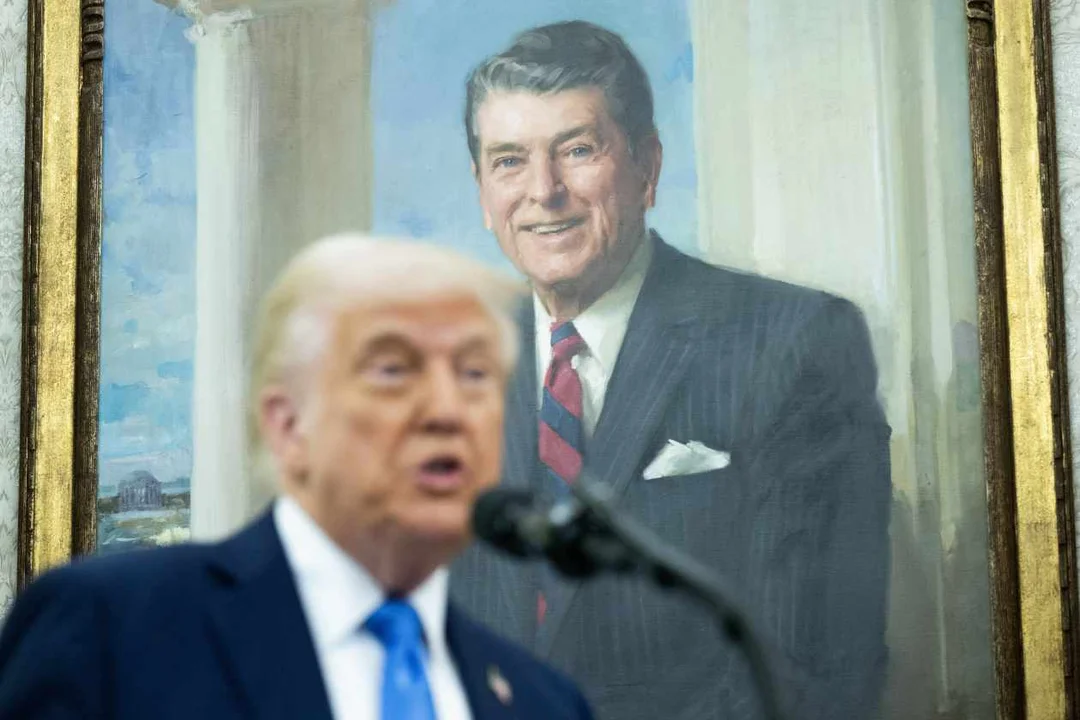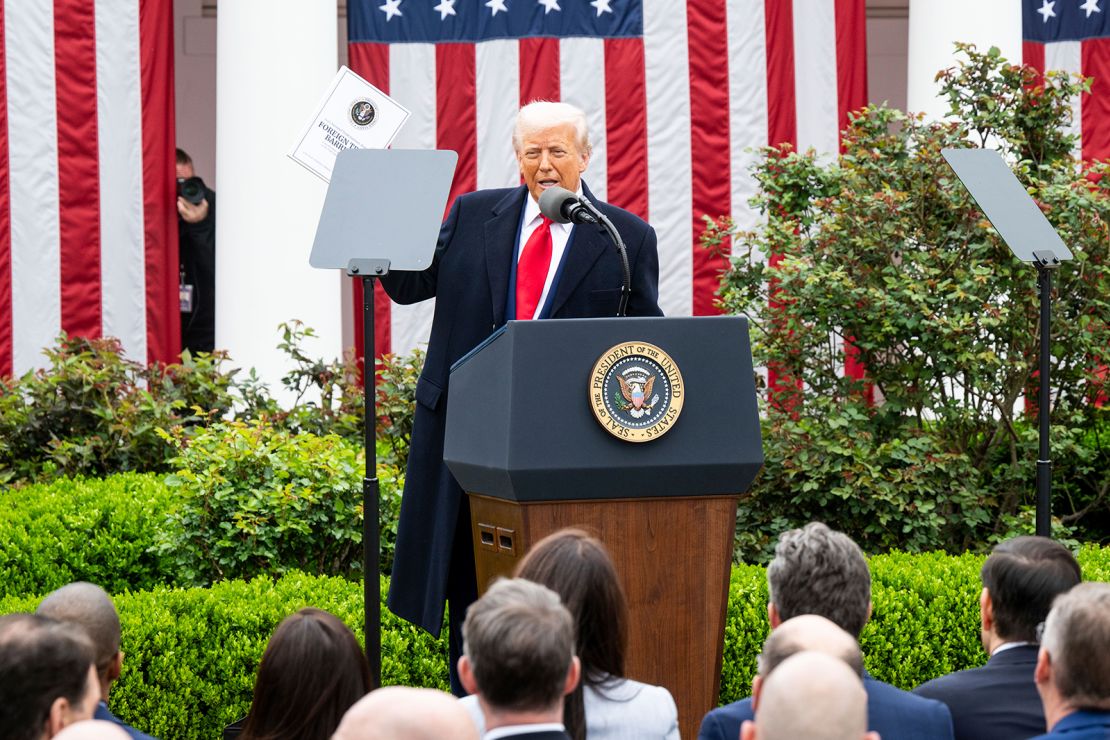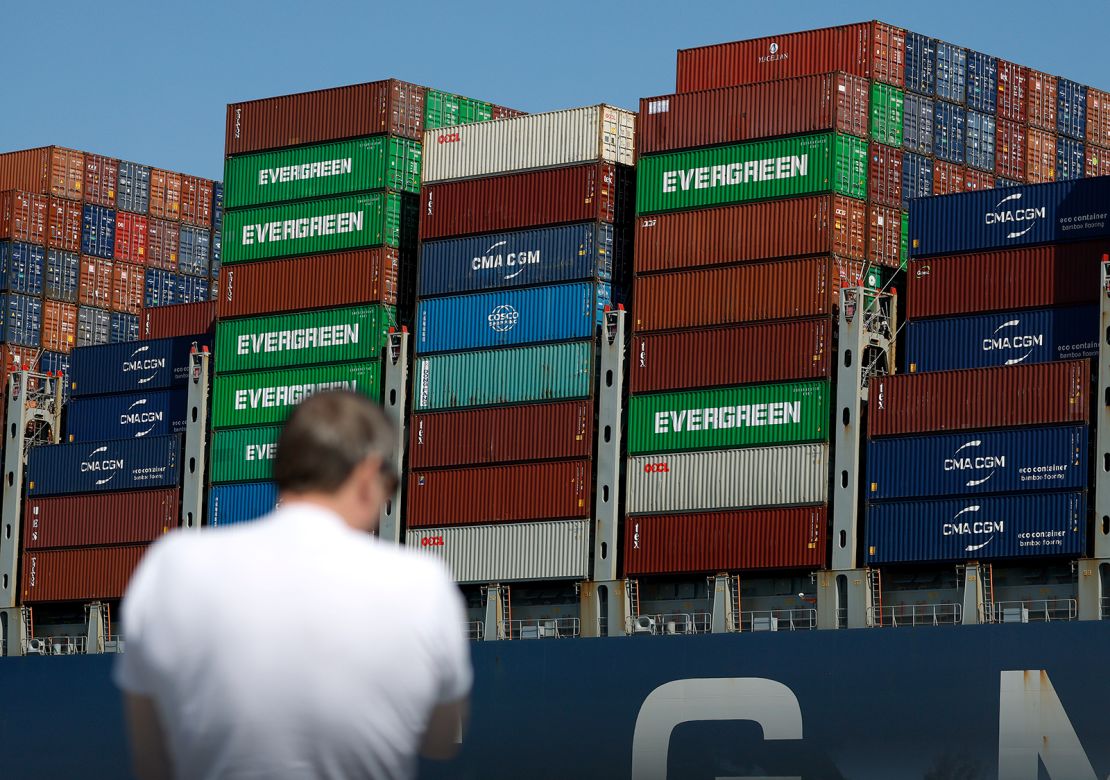
Trump’s Turbulent Tariffs: How An Economic Gamble Reveals Chaos And Ambition In His Second Term
A flurry of volatile decisions by President Donald Trump has stunned America and the world as his dramatic tariff maneuvers threaten to reshape the global economy — or plunge it into chaos. This week's rollercoaster policy shifts offer a vivid, and unsettling, insight into how a second Trump presidency could wield power, driven by personal impulses more than strategic planning.

The drama began with Trump's aggressive tariff blitz — what he called a "Liberation Day" trade war — imposing reciprocal duties on dozens of countries. But as markets tumbled and the bond market trembled, he abruptly backtracked, pausing new tariffs in apparent panic over looming economic collapse. Still, he doubled down elsewhere, raising tariffs on Chinese imports to an astonishing 125%, risking a rupture with the world’s second-biggest economy and amplifying recession fears.
This seesawing captured deep contradictions. According to CNN, advisers like Treasury Secretary Scott Bessent insisted it was all part of masterful strategy, even as the president admitted the plan was largely improvised to stave off disaster: "We wrote it up from our hearts, right?" Trump said, acknowledging a policy cobbled together without legal counsel or preparation.

For investors, the chaos shattered confidence in U.S. economic stewardship. Treasuries — traditionally the world’s safest asset — were dumped in fear, as America’s reputation shifted from stabilizer to destabilizer. Everyday Americans suffered too: retirees watched 401(k)s plummet, some workers lost jobs, and consumers feared rising costs, all sparked by what ultimately appeared a failed gamble.
Beyond economics, these tariff adventures mirror a broader pattern in Trump’s presidency that experts warn could intensify. Princeton professor Jan-Werner Müller likened it to a classic autocratic playbook, where the leader improvises aggressively, weaponizing state power while keeping supporters loyal through dizzying reversals dressed as triumphs. As Müller told The New Yorker, unlike methodical autocrats like Hungary’s Viktor Orbán, Trump "just does something blatantly illegal, then waits to see how others react. He’s much bolder, convinced he can get away with anything."
The moves also fit a cultural nationalist narrative, glorifying traditional manufacturing and conjuring economic nostalgia. Trump’s policies pitch protectionism as revival, though critics say disruption risks outweigh any tangible gains, especially as China vows retaliation and global supply chains tangle.

Meanwhile, political theater unfolded as officials scrambled to portray Trump’s U-turn as brilliant strategy. Bessent hailed his “great courage” to both impose and then pause tariffs within hours. Advisor Stephen Miller hyperbolically proclaimed it "the greatest economic master strategy from an American President in history." Yet beneath the spin, the day reflected improvisation under duress more than a coherent plan.
Critically, the tariff retreat may embolden trade rivals like China, who could perceive Trump’s blink as weakness. But the administration pressed ahead with a sweeping across-the-board 10% tariff on all imports, a hidden tax likely to hit American consumers hard — all while celebrating “victory.”
This chaos raises uncomfortable questions. Are such impulsive economic shocks the new norm? Will investors and allies tolerate a superpower so capricious with global stability? And inside America, can everyday families endure the economic whiplash generated by governance at the speed of impulse?
Trump boasted, "No other president would have done what I did." Perhaps he’s right. But as markets shudder and Main Streets brace for higher prices, critics warn that unpredictable leadership isn’t genius — it’s a gamble with the nation’s economic security on the table.
What do you think about President Trump’s tariff tactics and their impact on America’s economy and global standing? Join the conversation below, and share your thoughts on where the country goes from here.
Related issues news
What is Trump?
Donald John Trump (born June 14, 1946) is an American politician, media personality, and businessman who is the 47th president of the United States. A member of the Republican Party, he served as the 45th president from 2017 to 2021. Donald Trump. Official portrait, 2025. 45th & 47th President of the United States.
What is anti-Trump?
The Never Trump movement (also called the #nevertrump, Stop Trump, anti-Trump, or Dump Trump movement) is a conservative political movement that opposes Trumpism and U.S. president Donald Trump, and in general supports a return to a more rules-based internationalist, norm-following, ideologically conservative-oriented ...